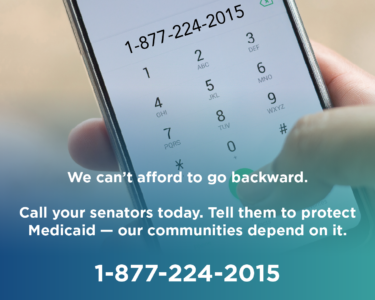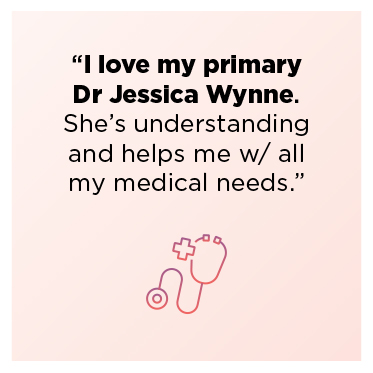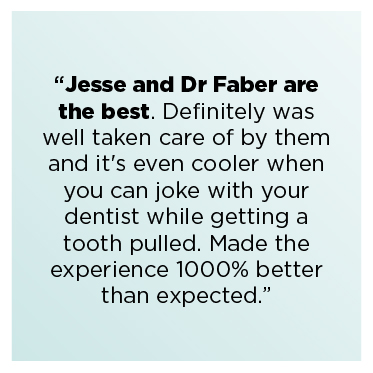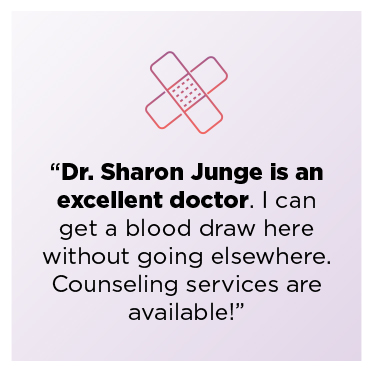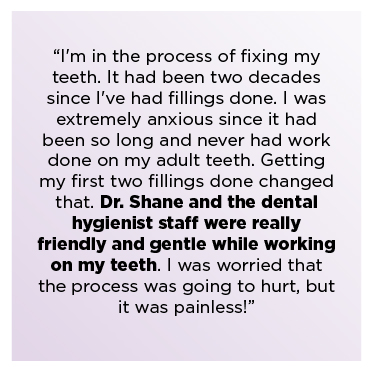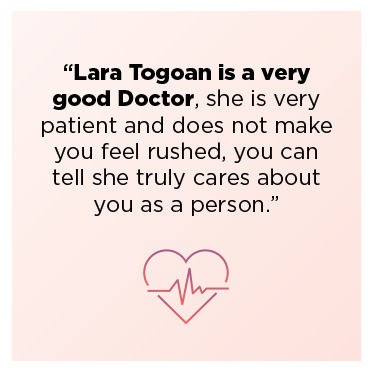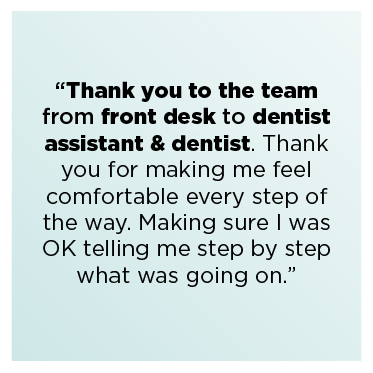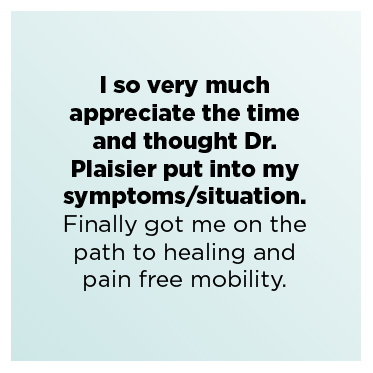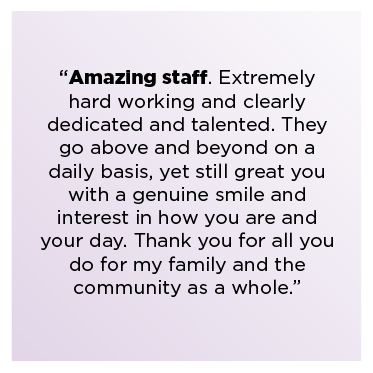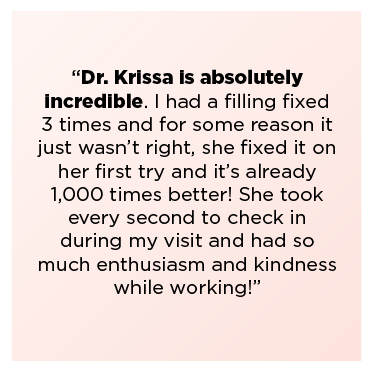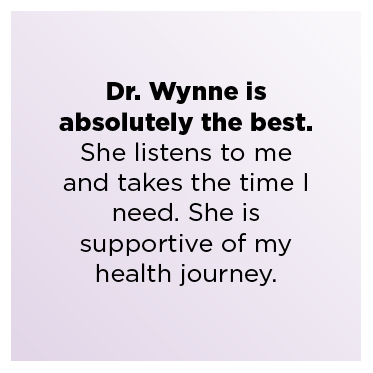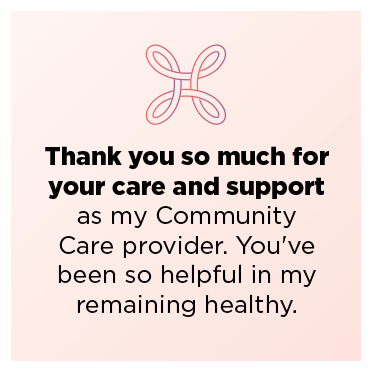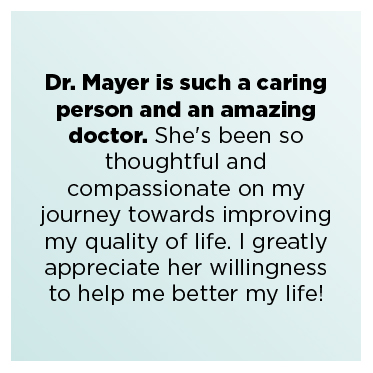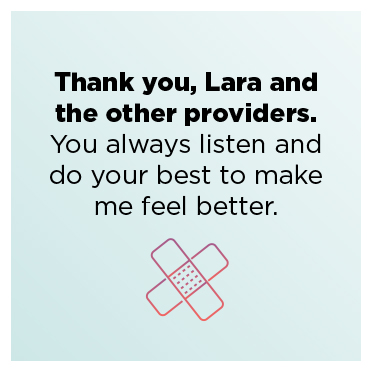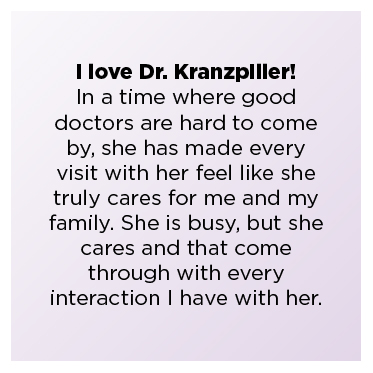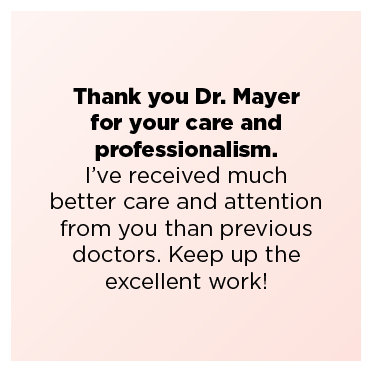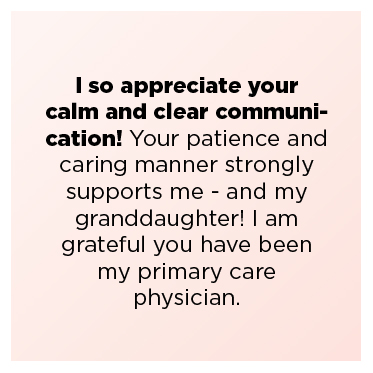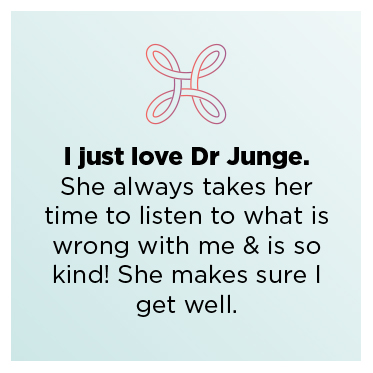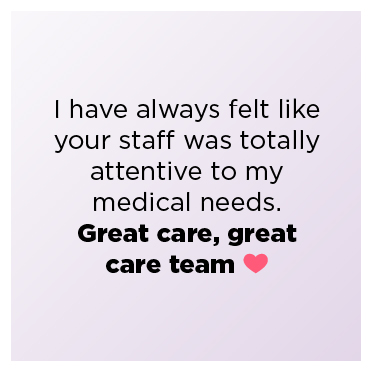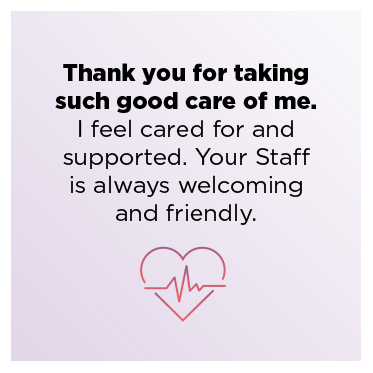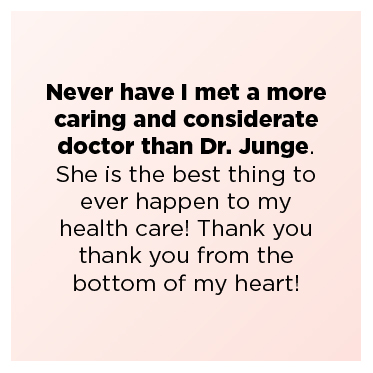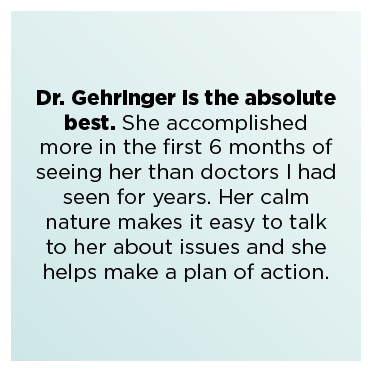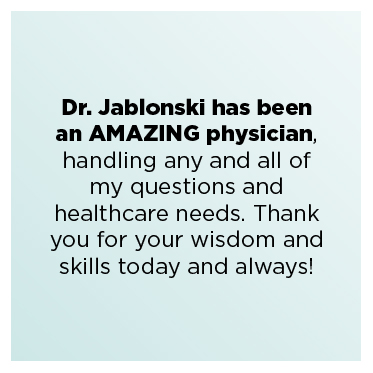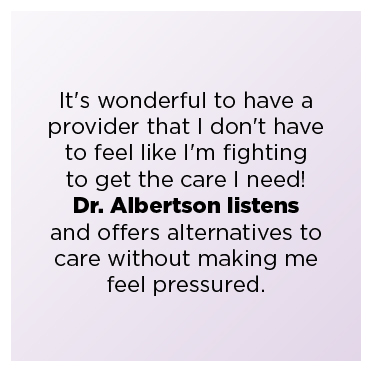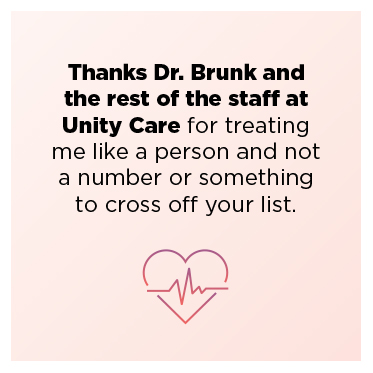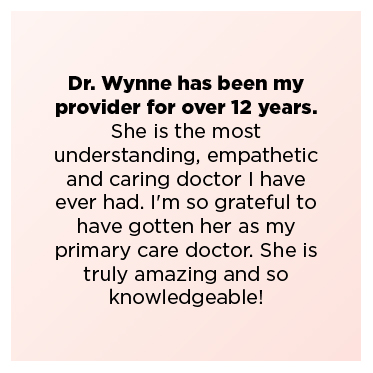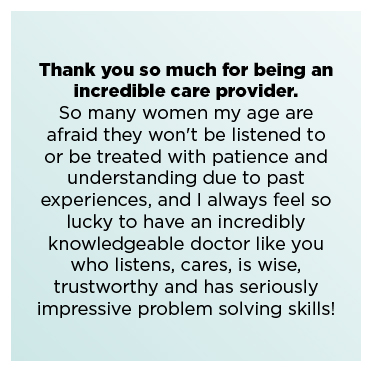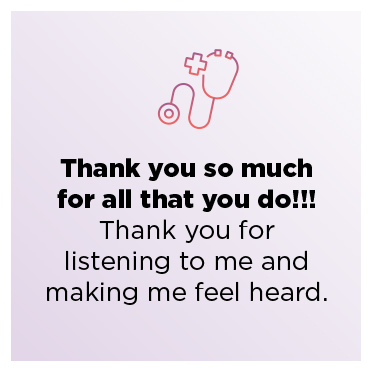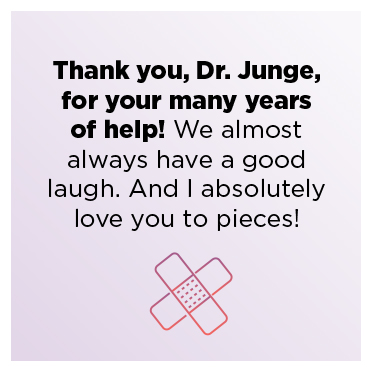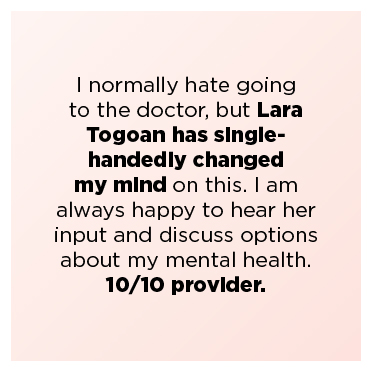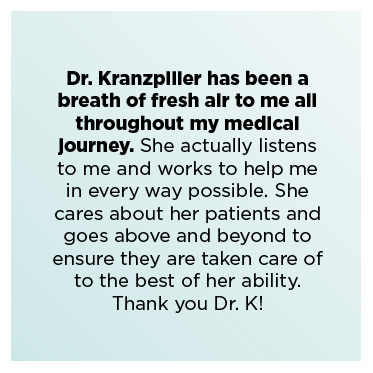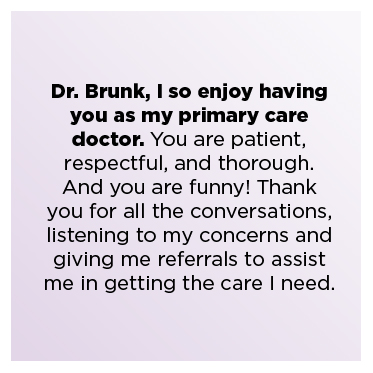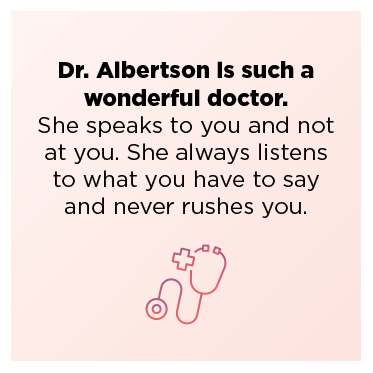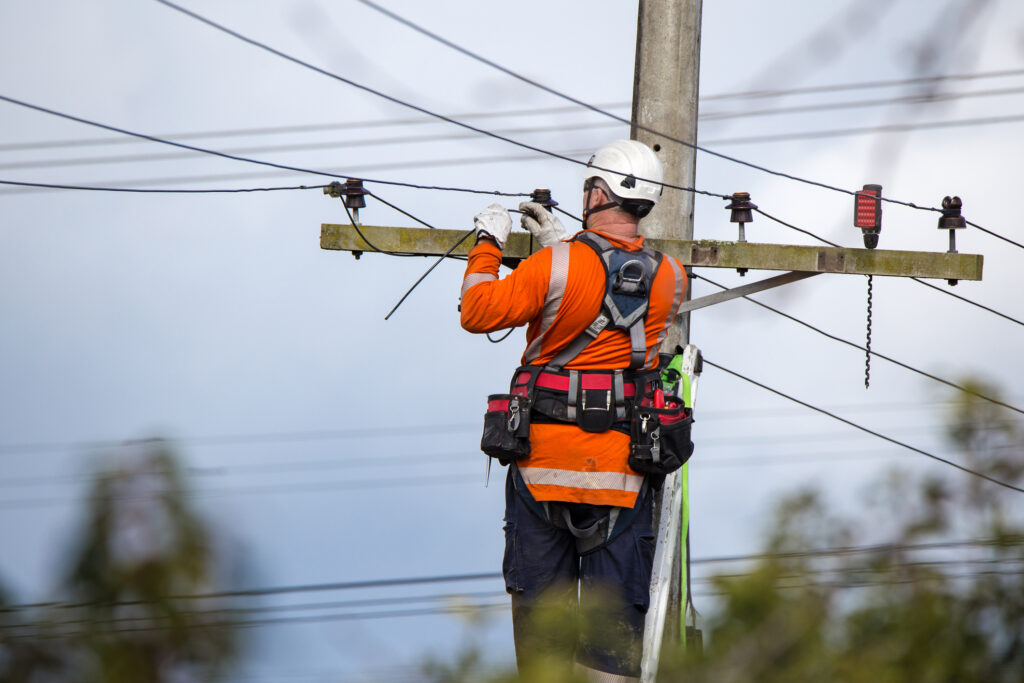
Celebrating our Partners at Puget Sound Energy
Electricity seems ever-present, and you are most likely using it right now to read this article. But, in order for that to be the case, a lineman had to spend time connecting, inspecting, and possibly repairing electrical lines to bring energy to your location. April 18 is National Lineman Appreciation Day and to celebrate we are shining a light on our Health Care Champion Sponsors, Puget Sound Energy (PSE), by sharing some interesting facts about this profession.
Miles and Miles
The US has approximately 450,000 miles of overhead power lines supported by over 180 million utility poles. In Washington state PSE operates approximately:
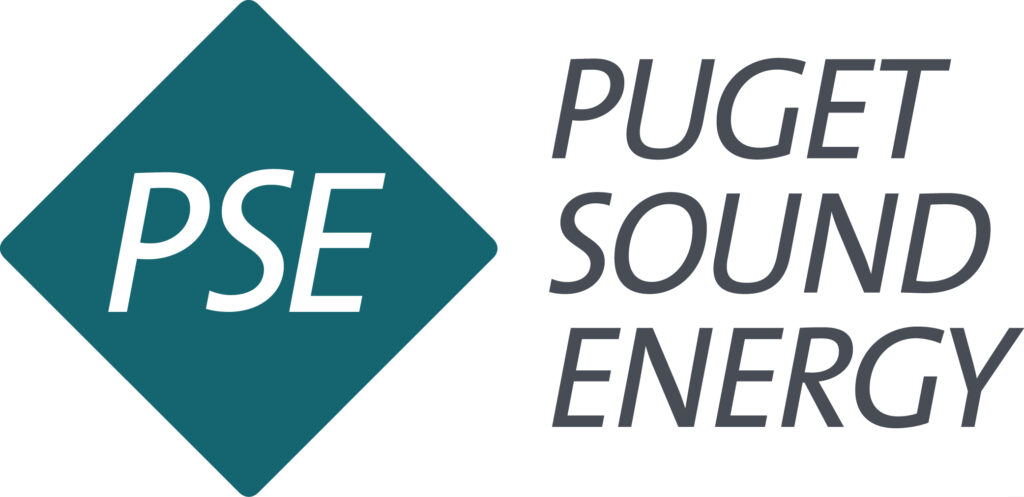
- 2,600 miles of transmission lines
- 10,000 miles of overhead distribution circuits
- 340,000 utility poles
- 440 electrical substations
- 5,000-6,000 miles of underground power lines.
Safety First, Second, Third…
Electrical contact is life-altering, and linemen must take extensive precautions to mitigate risks. With so many lines to tend to, PSE line workers always put safety front and center. Line work is in the top ten most dangerous trades in the US for many reasons: electrical dangers, falls, weather hazards, confined spaces, heavy equipment, dangerous terrain, long hours, and high tension involved in pulling and rigging ropes, wires, and lines.
Communication and training are essential for line worker safety. Before any work is done, they hold job briefings to discuss hazards, electrical isolation and protection, emergency plans, and many other topics. Line workers must also undergo rigorous annual training on specialized rescue techniques in the event of an accident.
High In the Air
Line workers often go to extreme heights. Your neighborhood power poles typically stand around 40 feet high, while taller transmission lines measure around 70 feet. Some wooden poles exceed 100 feet in height.
Line workers use large bucket trucks that can reach up to 100 feet, but for even taller steel towers that support power lines across the mountains and long distances, lineman must rely on large cranes, climb from the ground up, or even be dropped from a helicopter.
Health – An Important Factor
Unity Care NW knows that health can impact every aspect of life, and for line workers, staying healthy and in shape is an essential. Their job demands heavy equipment, handling bulky tools, working in strenuous positions, and climbing poles and towers. Line workers must often walk long distances packing heavy tools and equipment from their utility trucks to their worksite. For underground power lines, they must lift heavy lids and pull wires.
Six Facts You Probably Didn’t Know About Line Work:
- Line work started in the 1840s with the telegraph service.
- Every year when hurricanes and other devastating storms hit, about 60,000 line workers hit the road, leaving behind their families to help restore power to the areas hit by these storms.
- Sometimes line workers are required to perform a very dangerous and specialized task called “live line work,” where high-voltage power lines remain energized during repair. To do this safely, they wear a special metal suit and attach themselves to the wire — either out of a special bucket or off the side of a helicopter. The suit allows electricity to flow around them as they work on live lines carrying many hundreds of thousands of volts.
- Every year, line workers from across the country compete in lineman rodeos, showcasing their skills. The grand finale is usually held in Oklahoma every October.
- For some remote power line locations, line workers will be transported by helicopter — dangling from a line hundreds of feet in the air. This technique, called “long lining,” is just another Monday for some linemen.
- Don’t forget about the underground power lines! Many large cities have no visible power lines. Instead, miles of underground tunnels and rooms house all the power lines beneath busy streets.
Along with enjoying lights and modern conveniences, many of our patients depend on electricity for crucial medical equipment such as ventilators, oxygen concentrators, insulin pumps, dialysis machines, and various monitoring and diagnostic equipment.
From all of us at Unity Care NW, we extend our gratitude to line workers, who keep the lights on and the electricity flowing. And thank you, Puget Sound Energy, for the many ways you give back to our communities in addition to being one of our top Health Care Champion Sponsors.
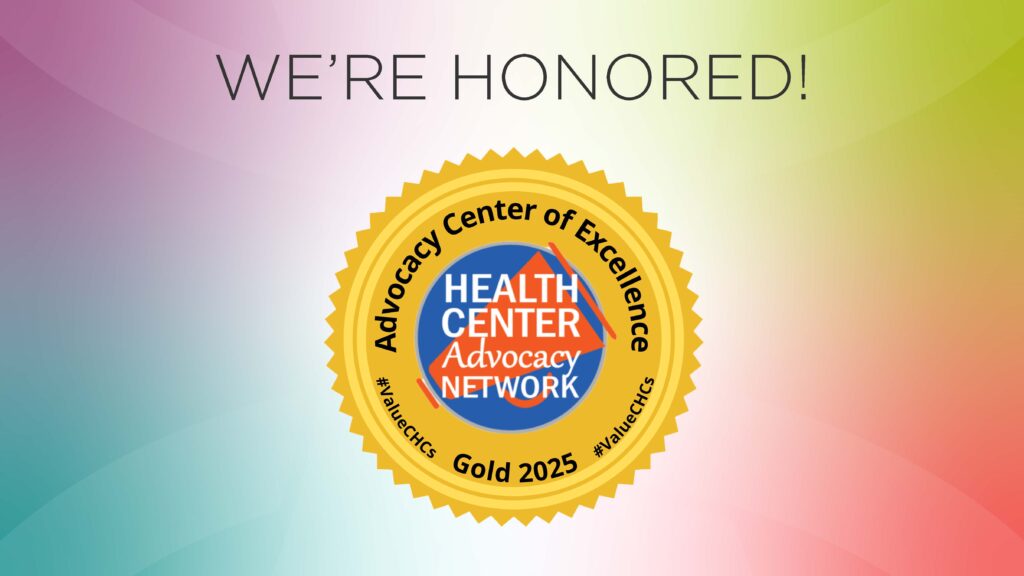
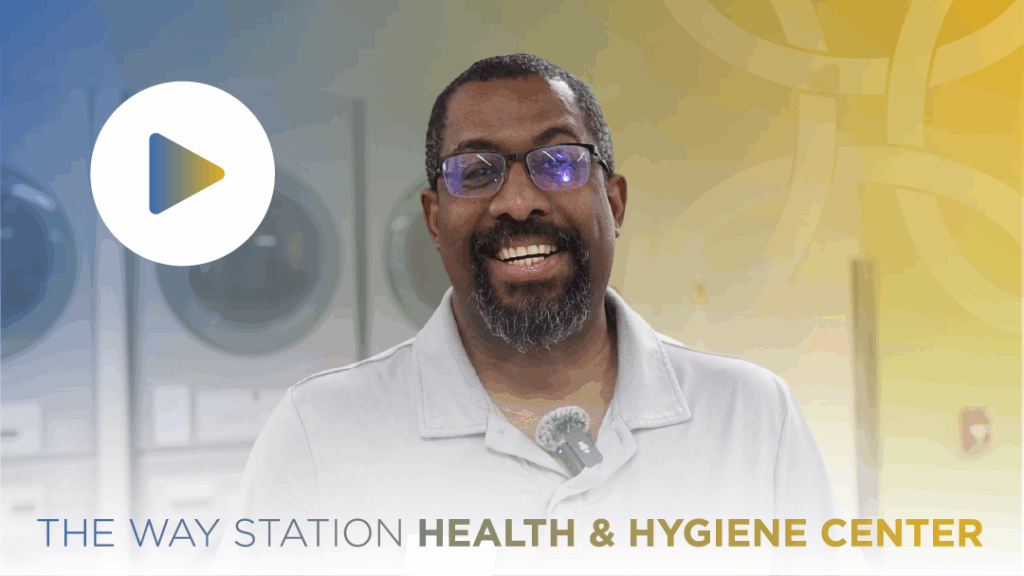

 To learn more:
To learn more:




